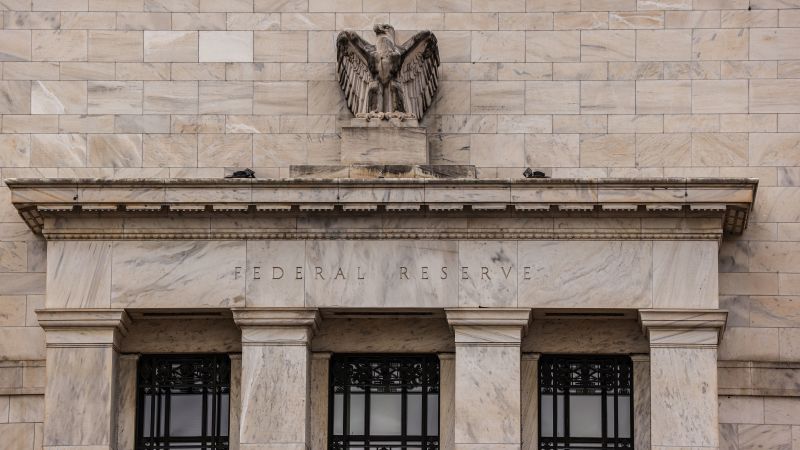The Federal Reserve’s upcoming policy decision is expected to keep interest rates the same, as they have been since July 2023. However, traders are anticipating a potential easing of the Fed’s quantitative tightening (QT) program, which involves selling off assets to decrease money supply and increase interest rates. The Fed initially bought government-backed bonds to support economic recovery after the pandemic-induced recession, which led to lower interest rates in certain sectors. As inflation rose, the Fed began unloading these bonds, and currently allows up to $60 billion in Treasuries to mature each month without replacing them, reducing the money circulating in the economy.
QT has implications both positive and negative. While it can exert downward pressure on prices, there is concern about the program’s impact on liquidity and potential consequences. JPMorgan Chase CEO Jamie Dimon expressed worry about the scale of quantitative tightening and its potential effects. Previous instances of QT have led to issues such as higher interest rates, tighter monetary conditions, and a “repo crisis” in which banks faced a shortage of reserves. Federal Reserve Chair Jerome Powell has indicated that QT will be scaled back soon, with many officials expecting a reduction to $30 billion, half of its current level.
Financial markets are eagerly anticipating the announcement on May 1st, with expectations that a taper of the QT program could be viewed positively for riskier investments like stocks and bonds. A taper is expected to lead to higher bond prices and lower interest rates, which could be bullish for the stock market, according to analysts. The potential easing of the tightening policy could have a significant impact on market sentiment and investor behavior in the coming weeks.
On a separate note, the Biden administration has recommended reclassifying marijuana as a Schedule III controlled substance, acknowledging the medical benefits of the drug and opening doors for cannabis-related research and industry. This recommendation has been praised by lawmakers from both parties, with implications for business, tax deductions, and addressing the failed war on drugs. The formal rulemaking process for the rescheduling could take months to complete, and the move marks a significant shift in the regulatory landscape surrounding marijuana use and research in the United States.
In the cryptocurrency world, Binance founder Changpeng Zhao has been sentenced to four months in prison after pleading guilty to money-laundering charges. While prosecutors had sought a longer sentence, Zhao expressed regret for his actions as CEO of the leading crypto exchange. Binance agreed to pay over $4 billion in fines as part of a settlement with the federal government, admitting to anti-money laundering activities and sanctions violations. Zhao, who has a personal fortune of almost $40 billion, agreed to step down as CEO and pay $200 million in fines, marking a significant development in the regulatory oversight of the cryptocurrency industry.













